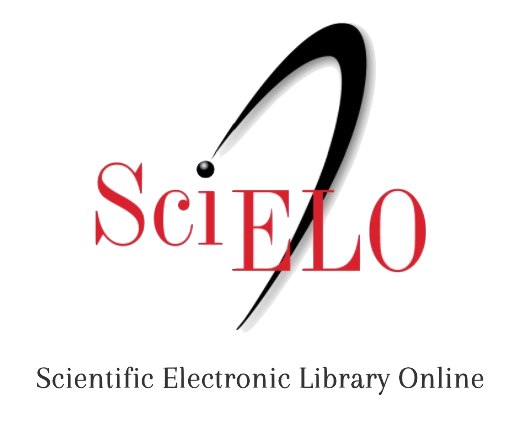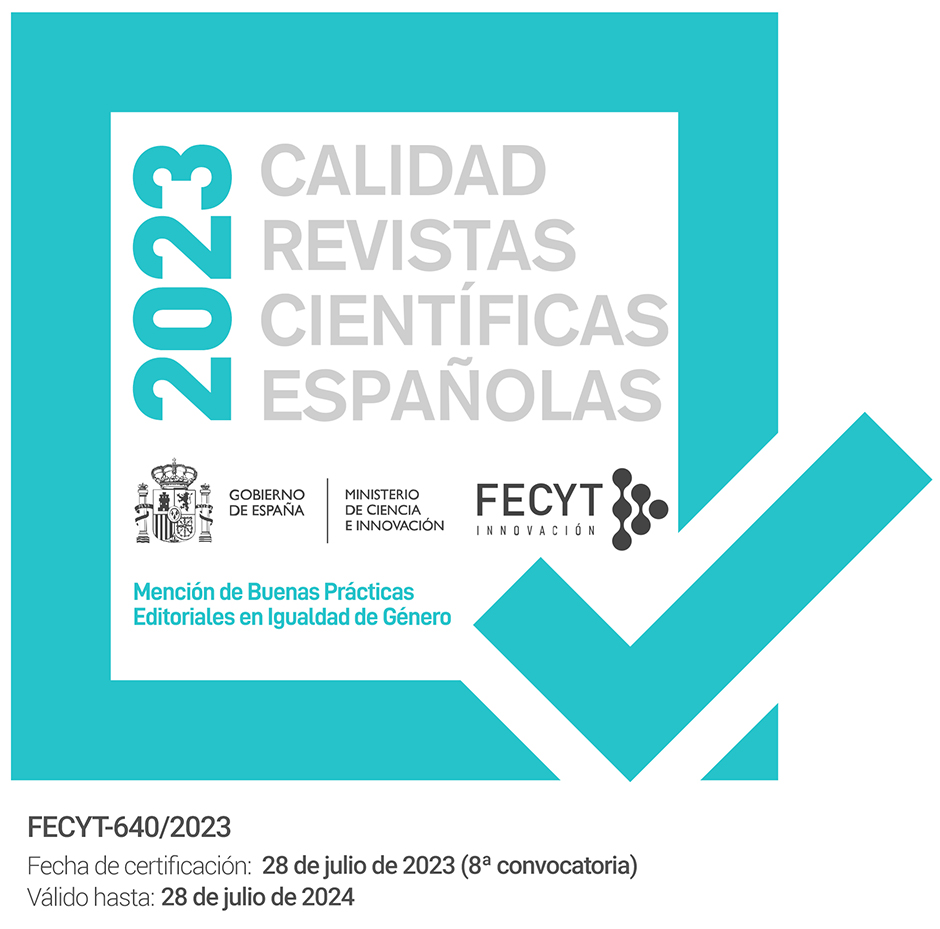Guide for reviewers
The main objective of the contents of this guide is to ensure that the peer review process carried out at Pharm Care Esp. is characterized by:
- Independent review and the conveyance of constructive insights to the authors in a respectful manner.
- The manuscripts present understandable, objective and balanced coverage of their respective topics.
- The works feature up to date, scientifically available and verifiable information.
- The conclusions drawn and arguments made are intelligible and relevant to the discipline.
Instructions on confidentiality and ethical behaviour
Confidentiality
All manuscripts are confidential, so the reviewers are asked to refrain from showing them to or discussing them with third parties unless it is to request advice on a specific aspect of them, also maintaining confidentiality in these cases.
Ethical behaviour
Pharm Care Esp expects the reviewers involved in its editorial process to:
- If a reviewer believes that there is someone else better qualified to evaluate the relevance of the material, to notify the editorial team.
- If the reviewer believes that he/she will have difficulty producing an objective evaluation of the material, to immediately inform the editorial team.
- If there is a current or past relationship between the reviewer and any institutions or persons related to the manuscript that could give rise to a conflict of interest, to indicate this fact on the Review Form and reject the evaluation.
Deadlines for reviews
Once a reviewer has accepted a commitment to evaluate a manuscript, he/she must issue his report within a month.
Structure and style of review reports
The reviewers will issue their reports by filling out the Evaluation Form and, in any case, observing the following guidelines:
- The peer review process features a dual purpose: to advise the editorial team regarding the expedience of publishing the manuscript, and to convey all those changes that would enhance the work.
- The reviewer must be aware that his/her job is to advise Pharm Care Esp, as an expert, about the work that a colleague has produced, not to judge or decide. Therefore, the tone used in the reports will always be of the utmost respect for individuals and institutions.
- All criticisms and appraisals will be objective, and not simple differences of opinion or personal evaluations that are not well reasoned.
- Criticisms must always be directed at the argumentation and consistency of the data presented, never at the authors.
Information on the aspects to be evaluated
General and specific aspects of the manuscript will be evaluated in order to determine whether the work in question:
- Represents an advance in knowledge and is relevant to the discipline.
- Features the level of argumentation, structuring of content and writing required of such scientific documents.
- Is of interest to the target audience of the journal.
ASSESSMENT OF GENERAL ASPECTS
- The originality of the work
- Its importance to progress in the discipline, and, where relevant, other social, cultural and economic implications.
EVALUATION OF SPECIFIC ASPECTS
An evaluation of specific aspects, grouped into the following blocks, will be carried out:
Writing
The clarity and precision with which the manuscript has been written will be evaluated, regarding both the body of the text and the titles, abstracts and keywords, which are to clearly and consistently reflect the main topic of the work.
Length and structure
Whether the text is structured into logical sections to transmit the information efficiently, and whether any of these sections needs to be expanded, reduced or deleted.
Methodology and clarity
This block evaluates whether the analytical methods and criteria were chosen properly, and whether the research process is described in a way clear enough for the work to be replicated by another qualified researcher.
Findings and conclusions
It is assessed whether the arguments and the most important results are clearly identified in the manuscript, and whether the conclusions follow from an analysis of them.
Citations and references
This section confirms whether all the citations and references used in the text are relevant and up to date.
Overlap
The reviewer will indicate if he is aware of the existence of other works, published or to be published, whose content is identical or very similar to that of the manuscript he is evaluating.








